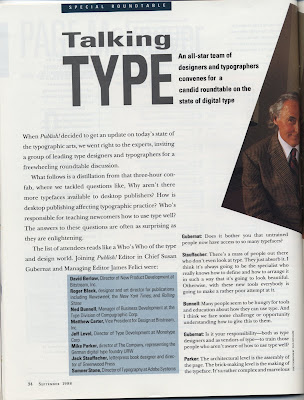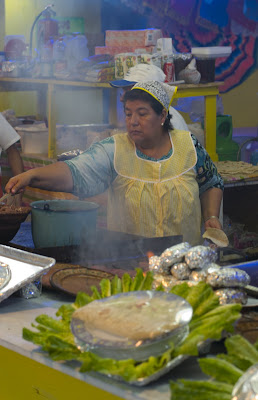
Another cancer survivor
whose blog I’ve been following has succumbed to his disease. Dan Waeger, a young man with lung cancer, died last Monday, March 16. I’m a little behind on my blog reading, so I only just realized it.
(Prayers and good wishes go out to you, Meg. From your blog, it certainly does appear that you and Dan had a very special relationship indeed. No doubt you’ll miss him terribly.)The blog Dan and his fiancee Meg have been writing is called, “
Waeger Will Win.” Less than a week before Dan’s death, Meg wrote a little reflection on the meaning of winning, when it comes to cancer.
She was recalling something she’d heard Lance Armstrong say at a conference. Lance was relating a brief conversation he’d had with the chairperson of his foundation board. “This is fun,” said the executive to Lance, caught up in the enthusiasm of whatever project they were working on.
“It’s only fun if we win,” replied Lance.

Lance Armstrong is, of course, one of the most competitive people on the planet. It’s no wonder he’d view the work of curing cancer as the biggest, baddest bike race of all.
Meg offers a different perspective. She has some wise words to share about winning:
“But when Lance said that to the Livestrong audience, I remember thinking that judging victory in cancer solely by ‘winning’ is maybe worth another look. After all, many cancer survivors, like Dan, don't see the ultimate victory in being cured. There are 100s of cancers, and to ask for a cure sets a high bar, and one that may be unrealistic in our lifetime. This is not a ‘one-size-fits-all’ solution. Many cancer survivors would be ecstatic if their cancer could be managed as a chronic disease - like diabetes or AIDS. Or if genetic testing could even narrow down the treatment options so that they avoid toxic and crippling treatments as a cruel form of trial & error.
The day I heard Lance speak was about 3 weeks after we’d found out that Dan’s cancer had spread. I knew that even then, if Dan’s ‘win’ could only be fun if he was cured, than we were in trouble. If he passed on from cancer, we would surely say that he ‘lost his battle.’ But as many of you’ve pointed out, Dan’s story isn't a straight win/lose scenario. There are more ways to win than just judging the score.”Indeed. In this life, there are winners and there are winners. Some win by conventional means, edging out a host of competitors by crossing the finish line first. Others start winning from the first moment they leave the starting line, regardless of the outcome.
We can be winners in the here and now, not just in the distant future. From everything I’ve read of Dan Waeger, he seems to have been one of those people who began winning from the first day of his diagnosis.
Faith helps create winners like Dan, of course. The Apostle Paul has something to say on that topic:
“But we have this treasure in clay jars, so that it may be made clear that this extraordinary power belongs to God and does not come from us. We are afflicted in every way, but not crushed; perplexed, but not driven to despair; persecuted, but not forsaken; struck down, but not destroyed; always carrying in the body the death of Jesus, so that the life of Jesus may also be made visible in our bodies. For while we live, we are always being given up to death for Jesus’ sake, so that the life of Jesus may be made visible in our mortal flesh. So death is at work in us, but life in you.” –
2 Corinthians 4:7-12
Clay jars. Amphorae, they called them – ordinary, everyday vessels used in the ancient world to carry water, wine and all manner of other liquids. To Paul’s readers, clay jars were about as exciting as Tupperware – and just as commonplace.
Yet, this is the image he chooses to describe the treasure of the Gospel – the very treasure that enables God’s people to be
“afflicted... but not crushed... perplexed, but not driven to depair,” and so on.
In the world of cancer, the winners are not only those competitors who go charging across the finish line, pedaling furiously. Somewhere back on the racecourse a rider sits under a tree, dozing in the summer sun. He will not open his eyes again. He will not cross the finish line. He doesn’t need to. The finish line has come to him.
(To Meg and all of Dan’s circle of family and friends: blessings be upon you in these days of goodbyes. Remember what goodbye means: “God be with you.”)



















































